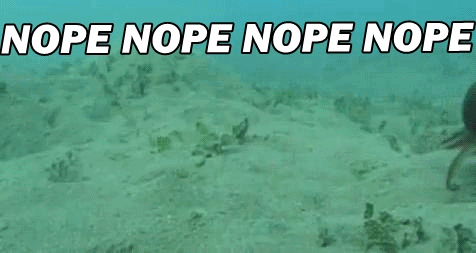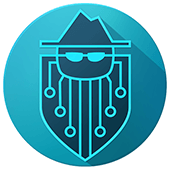Your Web Camera Might be Hacked
Web cams are great. They give us the ability to easily see and talk to everyone from our loved ones to work colleagues to strangers across the world. They’re one of the most impressive advances in communication in human history. Unfortunately, however, they also provide a potential way for eavesdroppers to peek into your life, either just for “fun” or to steal something from you.
Sound like a nightmare? It is. There have been cases around the world ranging from cyber criminals taking over entire systems and playing pornography when the victim approaches the computer to live streams of a child’s room being broadcast to hackers taking and distributing nude images of people without their consent. These cameras are so susceptible to intrusion that even Mark Zuckerberg covers his.
So what can you do about? The ways to protect yourself range from high tech to low — but all are super simple. You close your blinds in the evening and some of you probably set an alarm system too, right? Think of these tips as the digital equivalent of doing exactly that.
How do attackers gain access?
While someone gaining access to your webcam may sound like it takes sci-fi levels of technology, it’s actually really easy for attackers to hijack your system. The most common way is by using a “Trojan,” which is a piece of malware hidden inside a link or another piece of software.
So, for example, if you download software from a third party site, it might be infected with lines of code that give attackers access to your system. Or if you click on a link in an email that you think is from someone you know but is actually from a cyber criminal — an approach called phishing — you might get an infection that way.
Long story short? Don’t download files from unknown sites. Don’t click on links from people you don’t know. In fact, take it one step further and double check before clicking on links from people you do know — the recent proliferation of phishing scams is evidence that you really can’t be too careful.

Two other ways that hackers might gain access to your system are through remote access and by posing as tech support. To protect yourself from those approaches, turn off remote access, turn on your firewall, and don’t accept “help” from anyone who reaches out claiming to be tech support if you haven’t asked for it in the first place.
Finally, run security checks regularly to make sure your system isn’t already infected with either malware or spyware.
And the low tech solution?
Those are the more “high tech” solution (which, really, aren’t that high tech at all) but there’s a super low tech solution: Cover up your webcam. This can be done with anything — a post-it, a piece of non-translucent tape, even a BandAid. If you want it took a little fancier, you can even buy webcam covers online. It’s an added level of protection in case someone does gain access to your computer.
However, covering your cam won’t protect you from an attacker accessing and manipulating the rest of your computer, so be sure to regularly run security checks anyway.
Share this postInstall Tenta Browser Free!
Start protecting your online privacy today with Tenta Browser.



